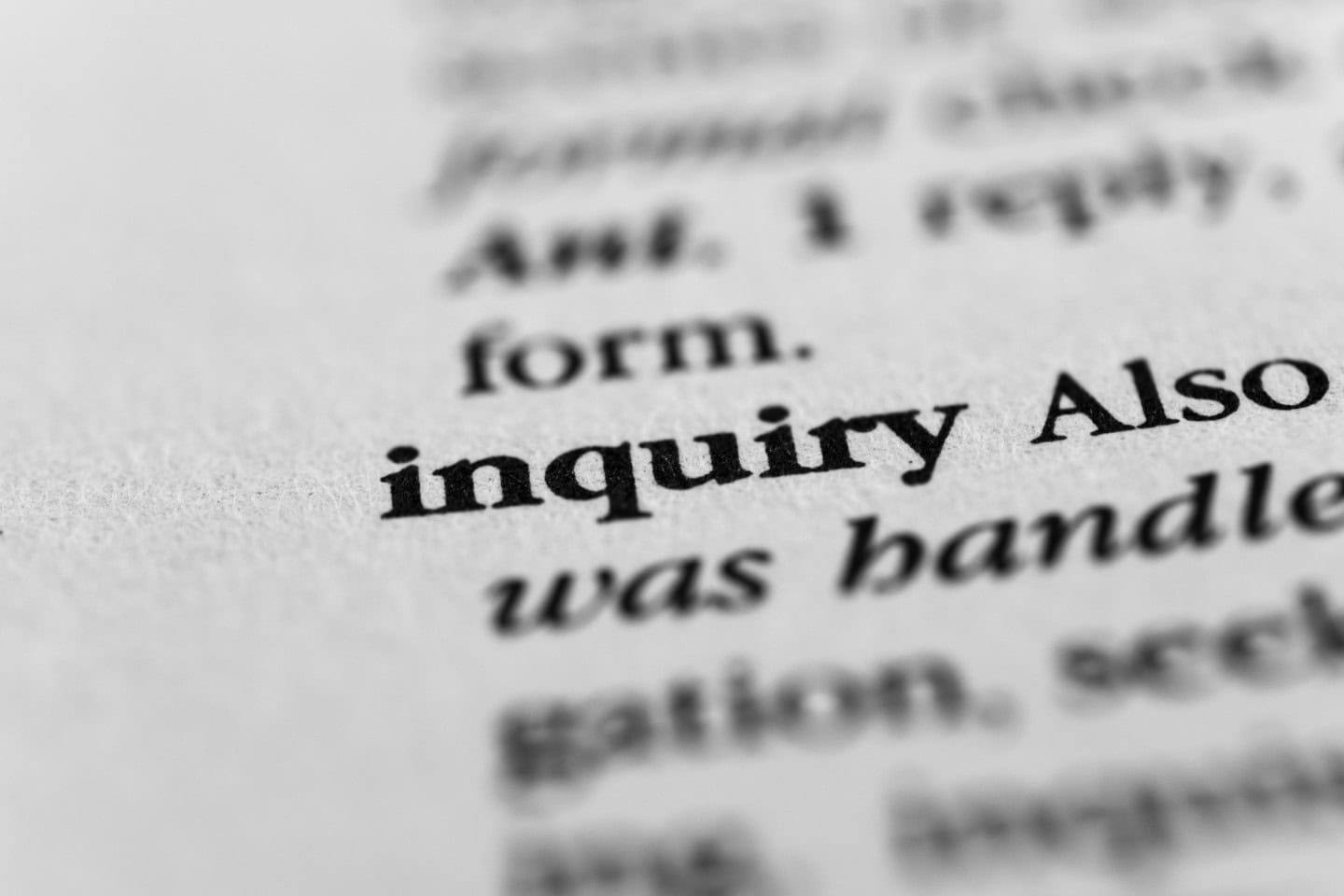
BBK Manifesto 2025: Sanction organisations ignoring coroner safety warnings
When coroners issue Prevention of Future Deaths (PFD) reports, they do so to prevent others suffering the same fate. Yet, too often, organisations simply disregard these warnings with no consequences. To respect those lost and truly safeguard public safety, we are calling on the Government to introduce legal sanctions for non-compliance.
The ‘badge of dishonour’
In January 2025, the Chief Coroner, HHJ Alexia Durran, launched the first-ever ‘badge of dishonour’ list, naming organisations that had failed to respond to PFD reports within the 56-day deadline set out in law. Many of the 50 organisations listed were from the health and care sectors.
In September 2025, the list continued to feature 41 non-respondents, suggesting that public naming alone is not enough of a deterrent.
A system that fails to respond
Despite more than 500 PFDs issued annually, with 713 published in 2024, only around 60% receive full, published responses. As of September 2025, more than 1,450 reports currently show no response at all on the publicly available Preventable Deaths Tracker.
What it means for families
For bereaved families, a PFD offers hope that their loved one’s death will inspire change and prevent future harm. When organisations fail to respond, that hope is replaced with frustration and grief. Families see lessons are not being learned, and in some cases, the same failings are allowed to repeat.
Naming and shaming is not enough
Although the ‘badge of dishonour’ policy brings welcome transparency, coroners still have no legal authority to compel a reply or ensure remedial action is taken. The absence of enforcement powers means for some large or well-funded organisations, reputational risk is not enough to drive change.
What must change
To honour lives lost and improve public safety, PFDs must carry legal weight. Organisations that wilfully ignore them should face proportionate but meaningful penalties, including criminal sanctions for serious and systemic failures.
A central oversight body should be created to monitor compliance and enforce responses, and there should be mandatory follow-up mechanisms to ensure identified risks are addressed without delay.
The bottom line
When coroners raise concerns, their warnings are a direct opportunity to save lives. Public naming of non-compliant organisations is a start, but without enforceable legal duties, some will continue to treat PFDs as an administrative formality. To prevent further tragedies, the next Government must strengthen the law so these vital reports lead to action, not silence.
This blog is part of our 2025/26 Manifesto for Injured People. At Bolt Burdon Kemp, we support injured people not only by winning their cases but by driving change. Guided by our clients’ experiences and partnerships with charities across the UK, we are raising awareness of the change we need to see to better support injured people. We will continue working with politicians from all parties to ensure injured people’s needs are not overlooked in Westminster or beyond. You can read our full manifesto here.









